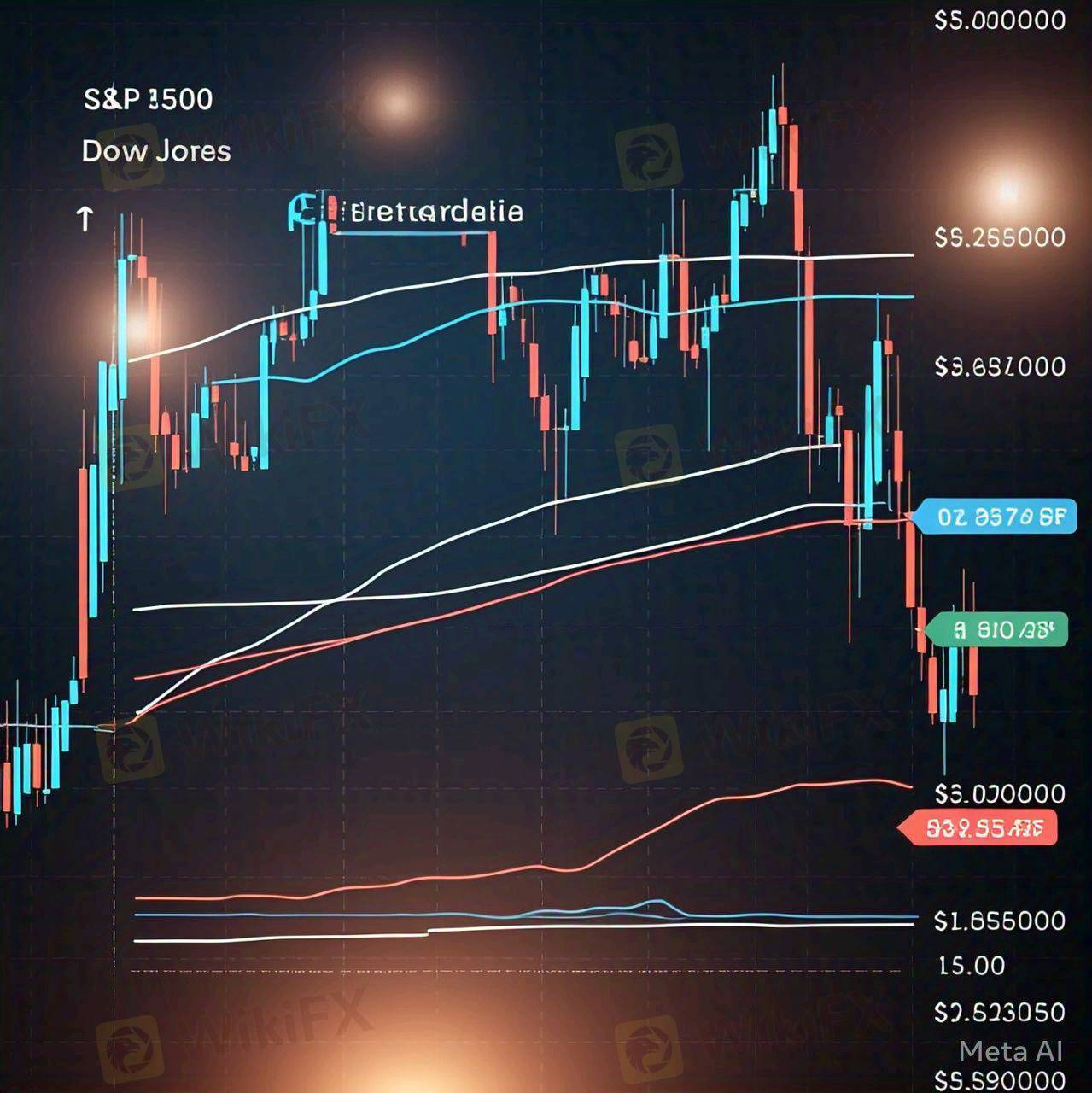
2025-02-12 08:04
IndustryHow do cryptocurrency price movements compare to t
#firstdealofthenewyearastylz
Cryptocurrency price movements differ from traditional stock markets in several key ways, though correlations have emerged over time. Here’s a comparison based on volatility, correlation, and macroeconomic influences:
1. Volatility: Crypto vs. Stock Markets
Cryptocurrencies: Highly volatile, with daily price swings exceeding 5-10% regularly. Bitcoin, for example, has seen extreme price surges and crashes within short periods.
Stock Markets: Generally more stable, with major indices like the S&P 500 or Dow Jones rarely moving more than 2-3% in a single day unless there’s a major economic event.
2. Correlation Between Crypto & Traditional Markets
Pre-2020: Bitcoin and other cryptocurrencies were often considered "uncorrelated assets," meaning they moved independently from stocks.
Post-2020: Crypto started showing higher correlation with equities, especially tech stocks. This was likely due to institutional investors treating Bitcoin like a risk asset, responding similarly to interest rate hikes and economic uncertainty.
Current Trends: Bitcoin still diverges at times (e.g., during crypto-specific crises like the FTX collapse), but overall, its correlation with the S&P 500 and Nasdaq has increased.
3. Response to Macroeconomic Factors
Stock Markets: React strongly to traditional economic indicators like GDP growth, interest rates, and corporate earnings.
Cryptocurrencies: More sensitive to regulatory news, market sentiment, and liquidity conditions, but they now also react to Federal Reserve decisions and inflation reports.
4. Liquidity and Market Size Differences
Stock Markets: Well-established with deep liquidity and strong regulatory oversight.
Cryptocurrency Markets: Still relatively young, with lower liquidity and more susceptibility to large buy/sell orders affecting prices.
Like 0

Hopefully
Trader
Hot content
Industry
Event-A comment a day,Keep rewards worthy up to$27
Industry
Nigeria Event Giveaway-Win₦5000 Mobilephone Credit
Industry
Nigeria Event Giveaway-Win ₦2500 MobilePhoneCredit
Industry
South Africa Event-Come&Win 240ZAR Phone Credit
Industry
Nigeria Event-Discuss Forex&Win2500NGN PhoneCredit
Industry
[Nigeria Event]Discuss&win 2500 Naira Phone Credit
Forum category

Platform

Exhibition

Agent

Recruitment

EA

Industry

Market

Index
How do cryptocurrency price movements compare to t
 Nigeria | 2025-02-12 08:04
Nigeria | 2025-02-12 08:04#firstdealofthenewyearastylz
Cryptocurrency price movements differ from traditional stock markets in several key ways, though correlations have emerged over time. Here’s a comparison based on volatility, correlation, and macroeconomic influences:
1. Volatility: Crypto vs. Stock Markets
Cryptocurrencies: Highly volatile, with daily price swings exceeding 5-10% regularly. Bitcoin, for example, has seen extreme price surges and crashes within short periods.
Stock Markets: Generally more stable, with major indices like the S&P 500 or Dow Jones rarely moving more than 2-3% in a single day unless there’s a major economic event.
2. Correlation Between Crypto & Traditional Markets
Pre-2020: Bitcoin and other cryptocurrencies were often considered "uncorrelated assets," meaning they moved independently from stocks.
Post-2020: Crypto started showing higher correlation with equities, especially tech stocks. This was likely due to institutional investors treating Bitcoin like a risk asset, responding similarly to interest rate hikes and economic uncertainty.
Current Trends: Bitcoin still diverges at times (e.g., during crypto-specific crises like the FTX collapse), but overall, its correlation with the S&P 500 and Nasdaq has increased.
3. Response to Macroeconomic Factors
Stock Markets: React strongly to traditional economic indicators like GDP growth, interest rates, and corporate earnings.
Cryptocurrencies: More sensitive to regulatory news, market sentiment, and liquidity conditions, but they now also react to Federal Reserve decisions and inflation reports.
4. Liquidity and Market Size Differences
Stock Markets: Well-established with deep liquidity and strong regulatory oversight.
Cryptocurrency Markets: Still relatively young, with lower liquidity and more susceptibility to large buy/sell orders affecting prices.
Like 0
I want to comment, too
Submit
0Comments

There is no comment yet. Make the first one.

Submit
There is no comment yet. Make the first one.